Farm Management
All Farm Management Content
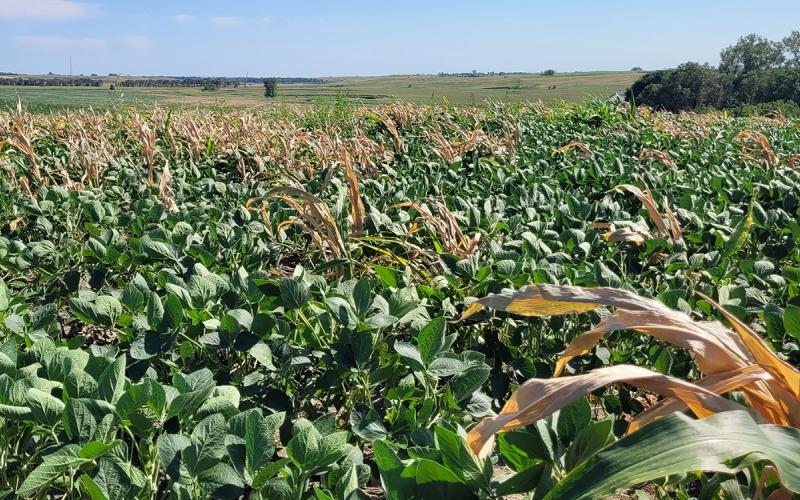
Stalk Grazing to Combat Volunteer Corn
Fall aftermath grazing by livestock, particularly cows, can dramatically reduce the amount of volunteer corn in the field. Learn some key benefits that stalk grazing can bring to your operation.

Can Pork Producers Rely on Antibiotic-Use-Based Product Differentiation To Be Competitive?
Do consumers prefer meat produced with the minimal use of antibiotics compared to meat produced with standard antibiotic use? The following study investigates this question in-depth for South Dakota pork producers.
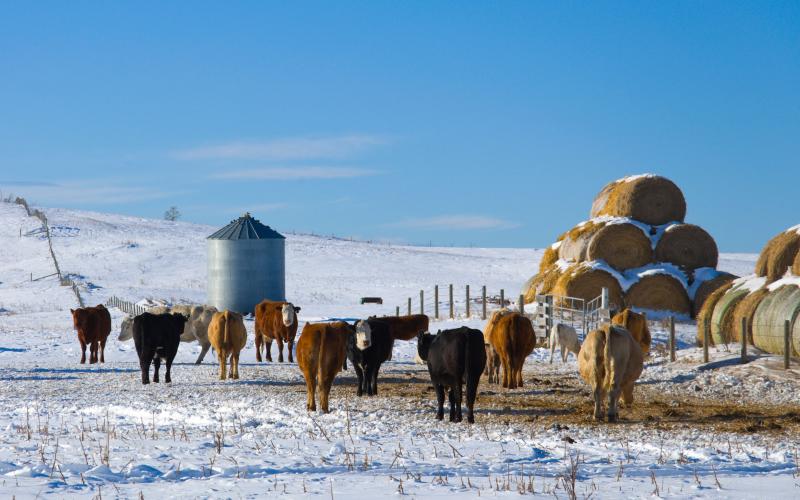
Bunch the Cow Herd
Reproduction is one of the biggest drivers of economic success. Cows stressed by cold, wind, snow, and mud will put energy resources into body condition maintenance and lactation prior to recycling.
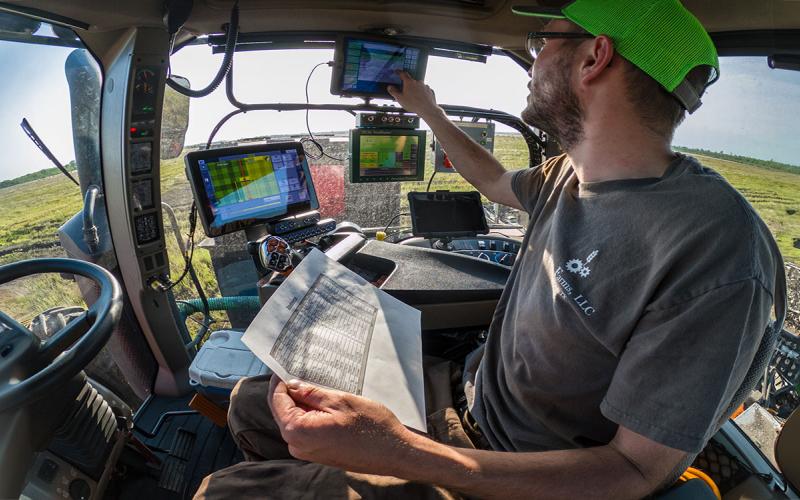
Where could cyberattacks occur in a precision agriculture system? An outlook on the system breakup.
Precision agriculture relies on cyber-physical systems that bring together sensors, computers, the internet, and farm equipment. Despite its numerous benefits, it also brings some risks to farming practices.

Ag Cybersecurity and Social Engineering 101
Social engineering is manipulating individuals to share confidential information and compromise security. By understanding the basics of social engineering, stakeholders can take proactive steps to ensure the resilience of agricultural systems against cyber threats.

Supplementing Cows on Pasture to Stretch Forage Supplies
With dry conditions spreading quickly across the Dakota’s, producers are forced to make challenging decisions on how many cow/calf pairs to turn out to pasture, and then determine how long the pastures will even last if moisture doesn’t come soon. During the spring/summer months, supplementing grass with energy and protein can decrease forage dry matter consumption.
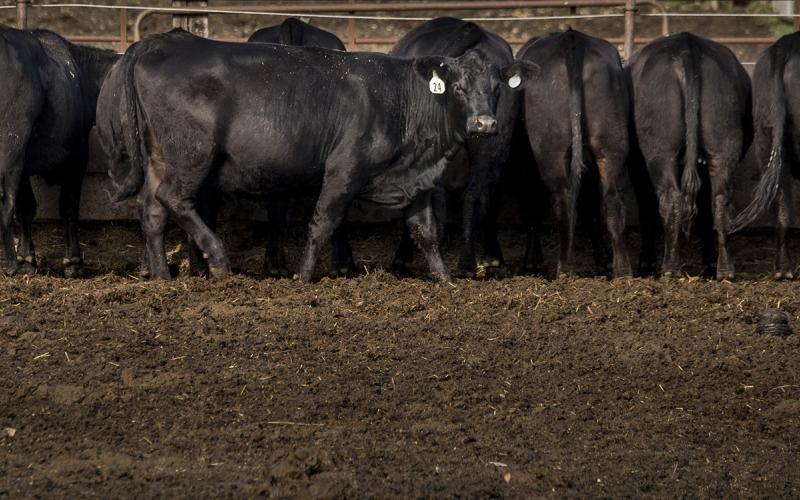
Feeding Damaged Wheat to Cattle
Feeding damaged wheat to livestock is one way to salvage value from the crop. Wheat can work well in cattle diets with some limitations.
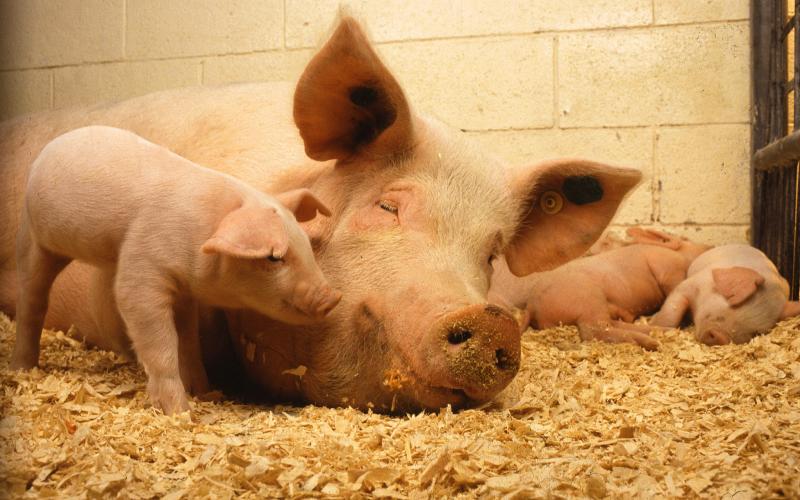
Next-Level Precision Sow Feeding
As the nutritional requirements of sows continue to be further refined, are there opportunities to achieve next-level precision sow feeding?

Capsicum Oleoresin Fed to Grow-Finish Pigs Improved Carcass Value
Feed additives are low incorporation, non-nutritive, feed ingredients designed to provide benefits in the growth, feed efficiency, and/or feed intake of animals and ultimately lower the cost of production.

Using Corn Wisely for Replacement Heifers
Producers’ goals are to maximize returns and this could be achieved through least-cost rations that provide the desired performance.